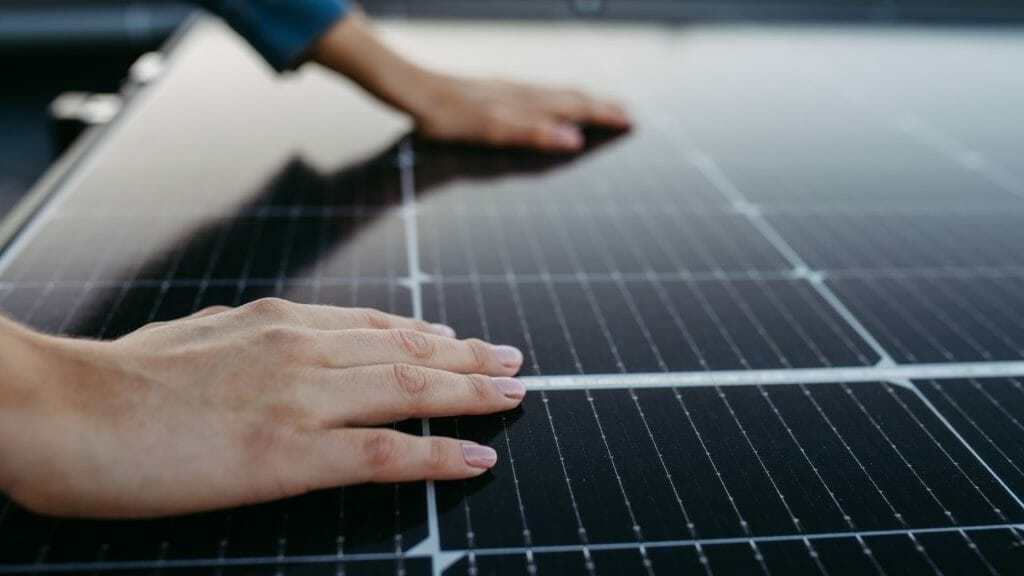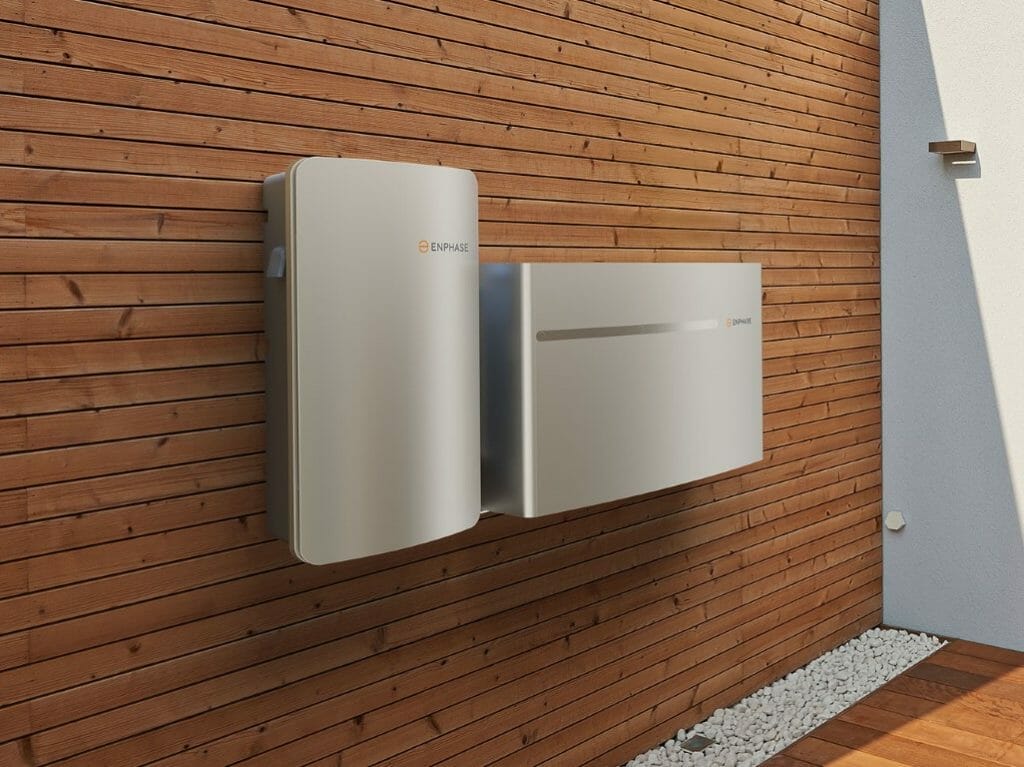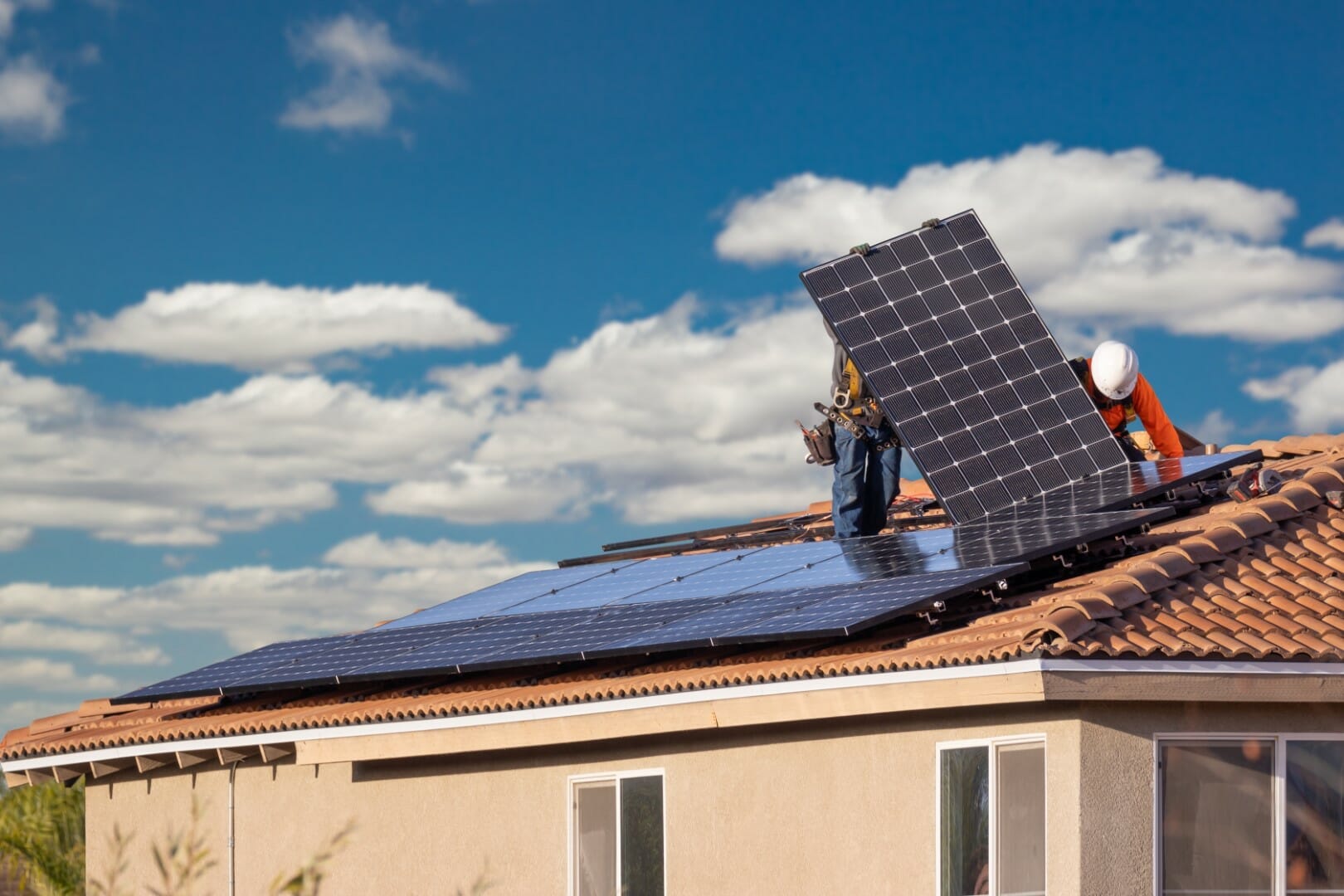With the upfront cost of solar panels and changing incentives, many homeowners are wondering if investing in solar power is still a wise decision in 2023. While solar panels do require an initial investment, the long-term savings and benefits often make solar energy systems an advantageous addition for homes and businesses. As technology improves and costs decline, solar power continues to be a smart, sustainable choice that can provide decades of return on investment.
Federal Solar Tax Credits
One of the biggest incentives helping spur solar adoption is the federal solar tax credit. This credit allows homeowners to deduct 30% of the cost of installing a solar energy system from their federal taxes. This provides long-term certainty for homeowners looking to go solar. The solar tax credit can save homeowners thousands of dollars in project costs. The tax credit makes solar power highly affordable when combined with additional local and utility incentives.
Reduced Electricity Bills with Solar Panels
Solar panels allow homeowners to reduce their monthly electricity bills by generating their own renewable power. In fact, most solar panel systems eliminate 50-100% of a home’s electric bill over the system’s 25+ year lifespan. Avoiding utility costs is a major reason many homeowners decide to go solar. By locking in low energy rates, solar panels act as a hedge against rising electricity prices from the utility. Even if your solar panels don’t cover 100% of your home’s energy use, any amount of solar production will lead to electricity bill savings.

Increased Home Value
Multiple studies have shown that installing solar panels can increase a home’s value. Home buyers are often willing to pay a premium for a house with an existing solar array. Not only does solar increase curb appeal, it also demonstrates energy cost savings. Appraisers also factor in the reduced electric bills from solar panels when determining a home’s value. This makes investing in solar power a potential way to add long-term value to your home.
Accelerated Depreciation
If your solar panels are used for business purposes, you may be eligible for accelerated depreciation on your solar energy system. Accelerated depreciation allows businesses to deduct a large portion of a solar array’s costs over a 5-year timeline. Claiming accelerated depreciation along with the 26% federal tax credit can lead to huge tax benefits and short term returns on solar investments. Talk to your accountant to see if you qualify for accelerated depreciation.
Increased Energy Independence
Installing solar panels provides homeowners with energy independence and security. By generating your own renewable power, you become less reliant on the traditional electric grid. This insulates solar homeowners from power outages and grid reliability issues. Solar energy systems work alongside battery storage to provide backup power when the grid goes down. If energy independence is your goal, solar panels allow you to take control of your home’s electricity supply.
Improved Sustainability
Solar power enables homeowners to directly reduce their environmental footprint. In most cases, solar panel systems eliminate several tons of annual carbon emissions over their lifetime. This makes solar a great way for environmentally-conscious homeowners to lower their carbon footprint. Solar panels also generate power without any noise or pollution. Improving sustainability is a major reason many homeowners decide to invest in residential solar power.
Decreased Solar Equipment Costs
The costs associated with solar panels and equipment continue to drop each year. Between 2009 and 2019, the average price of solar panels fell by over 70%. The Covid-19 pandemic caused supply chain shortages, causing solar equipment to temporarily increase. Declining solar costs make buying a solar energy system more affordable with each passing year. Experts predict solar panel prices will continue to fall as the technology improves. As equipment prices drop, solar power becomes accessible to more homeowners.

Improved Solar Efficiency in 2023
Not only are solar panels becoming less expensive, but the panels themselves are also becoming more efficient. Panel efficiency measures the percentage of sunlight that is converted into usable electricity. Today’s solar panels typically operate at 18-22% efficiency. However, new technology and materials have enabled solar cell efficiency to consistently improve over time. With lab tested solar cells now exceeding 47% efficiency, it’s clear that commercial panel efficiency will also continue to increase. Higher efficiency leads to more power production and faster system payback.
Expanded Solar Options
There are now more options than ever when it comes to installing solar panels on your home. Along with traditional solar panels, new products like solar shingles and solar tiles allow homeowners to integrate solar technology directly into their roofing system. This creates an aesthetically pleasing, low profile look. For homeowners with space limitations, there are even solar systems specially designed for small areas and odd shaped rooftops. No matter your roof type or constraints, there is likely a solar option to meet your needs.
Look Beyond the Upfront Cost of Solar
For many homeowners, the biggest barrier to adopting solar power is the upfront installation cost. And while there are initial costs to installing solar, fixating solely on the upfront price tag misses the bigger picture. The costs of solar panels and installation represent only about 20% of a system’s total 25-30 year lifespan cost. The remaining 80% of costs are recovered through years of utility bill savings. This long run energy production is why understanding the full lifetime value of solar panels is so important. With incentives and appreciation, a solar array is an investment that usually pays for itself multiple times over.
Understand Your Local Regulations
Before moving forward with solar installation, it’s important to understand the rules and regulations for your area. While most jurisdictions allow and encourage solar, the specific permitting process and fees can vary significantly. Research if your locality has zoning laws, homeowner association requirements, or processes specific to solar. Understanding these regulations in advance prevents headaches down the road. Some utilities also have grid interconnection procedures and fees. Check with your electric provider on any solar-specific policies.
Compare Multiple Solar Companies
The solar industry is expanding rapidly, which is great news for consumers. But it also means homeowners considering solar power are faced with an overwhelming number of companies and installers to choose from. Do your research and get quotes from multiple solar providers in your region. Compare levels of experience, equipment options, and overall costs. Read reviews and ask each company detailed questions. Avoid door-to-door salespeople and find a trustworthy company you feel comfortable working with.
Understand Solar Financing Options
After selecting a solar company, you can explore the variety of available financing options. First, calculate what you can afford to pay upfront. Compare solar loans and solar leases to see if these financing options work for your budget. Solar loans allow you to own the system while spreading costs over time. Solar leases provide zero down and ongoing monthly payments, but you won’t own the panels. Cubix Power can help find the best model based on your financial needs.

Solar Works Alongside Battery Storage
For added benefit, you can complement your solar panels with a home battery storage system. Battery technology is improving rapidly. New solar batteries can store solar power generated during the day for use at night. This provides backup electricity in the case of a grid outage. With smart batteries, you can further reduce your electric bill by optimizing when power is used and fed back to the grid. Solar batteries provide energy independence and maximum savings.
Look For Local Solar Incentives
Beyond the federal tax credit, take advantage of additional incentives offered in your state or utility territory. Many local governments and power companies provide rebates, credits, and other benefits to lower the cost of installing solar. These incentives can potentially save you thousands. Our team will help you identify and qualify for any local solar incentives available. Signing up for city or state solar programs efficiently maximizes your solar savings.
Solar Adds Value for Decades
Today’s solar panels are built to last 25-30 years or more. Solar equipment is rigorously tested to withstand harsh weather conditions for decades. With a robust warranty covering your solar modules and equipment for at least 10 years, you can be confident your system will provide value for 30 years or longer. Avoid thinking of solar as just a short term investment. The long lifespan of solar panels means your decision to go solar will provide returns for your home or business for years to come.
Conclusion: Are Solar Panels Worth it in 2023?
While solar power represents a major investment, the long-term energy savings, tax incentives, appreciation benefits, sustainability, energy independence, and decreased utility bills make going solar a smart financial move in 2023 and beyond. As technology improves and costs drop, solar energy systems will continue providing homeowners exceptional value and payback. With expanded financing options, there are more ways than ever to affordably invest in residential solar. When looking at the bigger picture, solar power remains a reliable, advantageous addition that can benefit your home or business for decades.





